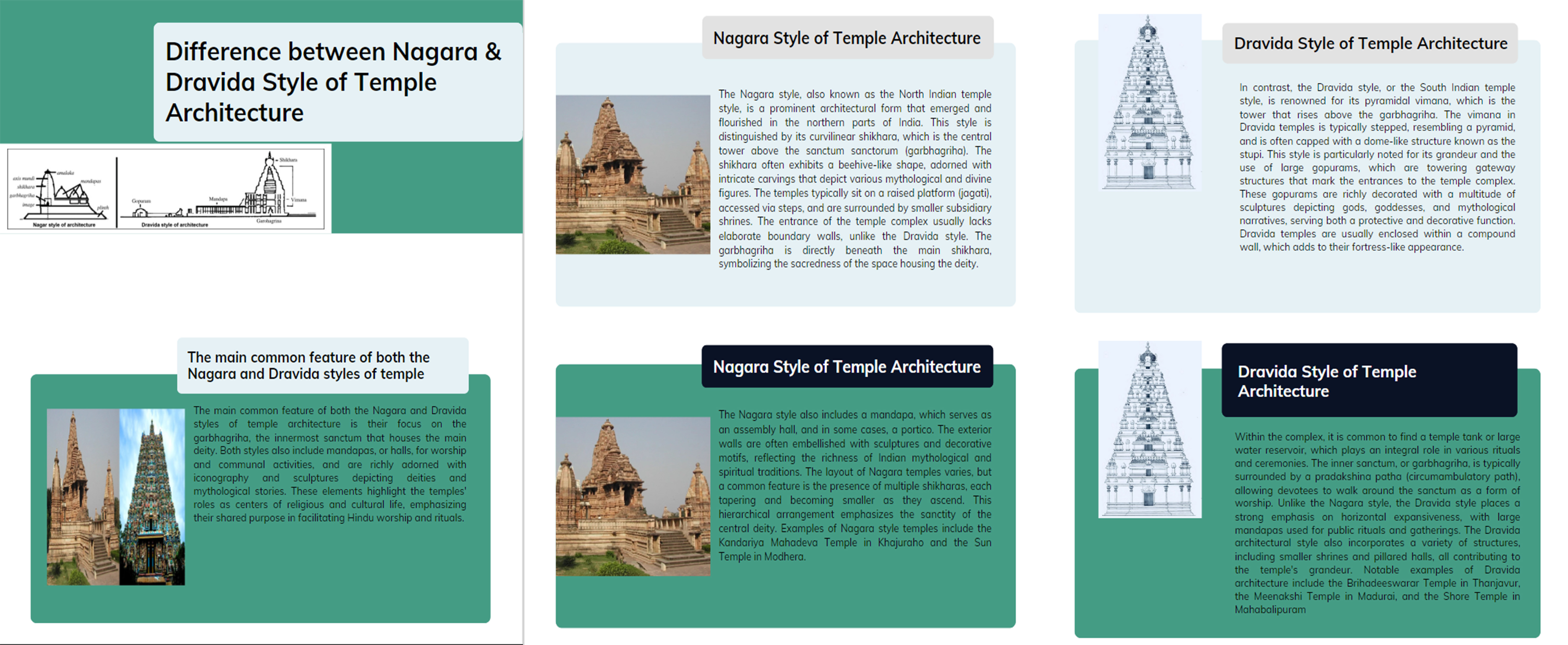Implementing artificial intelligence (AI) tutors in primary education has the potential to bring several benefits and drawbacks: Benefits: Personalized Learning: AI tutors can adapt to the learning pace and style of each student, providing personalized learning experiences that cater to individual nRead more
Implementing artificial intelligence (AI) tutors in primary education has the potential to bring several benefits and drawbacks:
Benefits:
- Personalized Learning: AI tutors can adapt to the learning pace and style of each student, providing personalized learning experiences that cater to individual needs.
- 24/7 Availability: Unlike human tutors, AI tutors can be available round the clock, allowing students to access learning support whenever they need it.
- Scalability: AI tutors can scale easily to accommodate a large number of students simultaneously, providing consistent quality of education.
- Instant Feedback: AI tutors can provide immediate feedback to students on their assignments and exercises, helping them learn from their mistakes promptly.
- Enhanced Engagement: AI tutors can use interactive and engaging methods such as gamification to keep students motivated and interested in learning.
Drawbacks:
- Lack of Human Connection: AI tutors may lack the empathy and emotional understanding that human teachers can provide, which can be crucial for younger students in primary education.
- Dependency on Technology: Primary education involves social and emotional learning, which may not be effectively supported by AI tutors alone, leading to over-reliance on technology.
- Privacy Concerns: AI tutors collect data on student performance and behavior, raising concerns about data privacy and security, especially when dealing with young children.
- Cost and Access: Implementing AI tutors requires significant investment in technology and infrastructure, which may not be feasible for all schools, potentially exacerbating inequalities.


According to my point of view :- Machine learning and deep learning are both types of AI. In short, machine learning is AI that can automatically adapt with minimal human interference. Deep learning is a subset of machine learning that uses artificial neural networks to mimic the learning process ofRead more
According to my point of view :-
Machine learning and deep learning are both types of AI. In short, machine learning is AI that can automatically adapt with minimal human interference. Deep learning is a subset of machine learning that uses artificial neural networks to mimic the learning process of the human brain.
See less